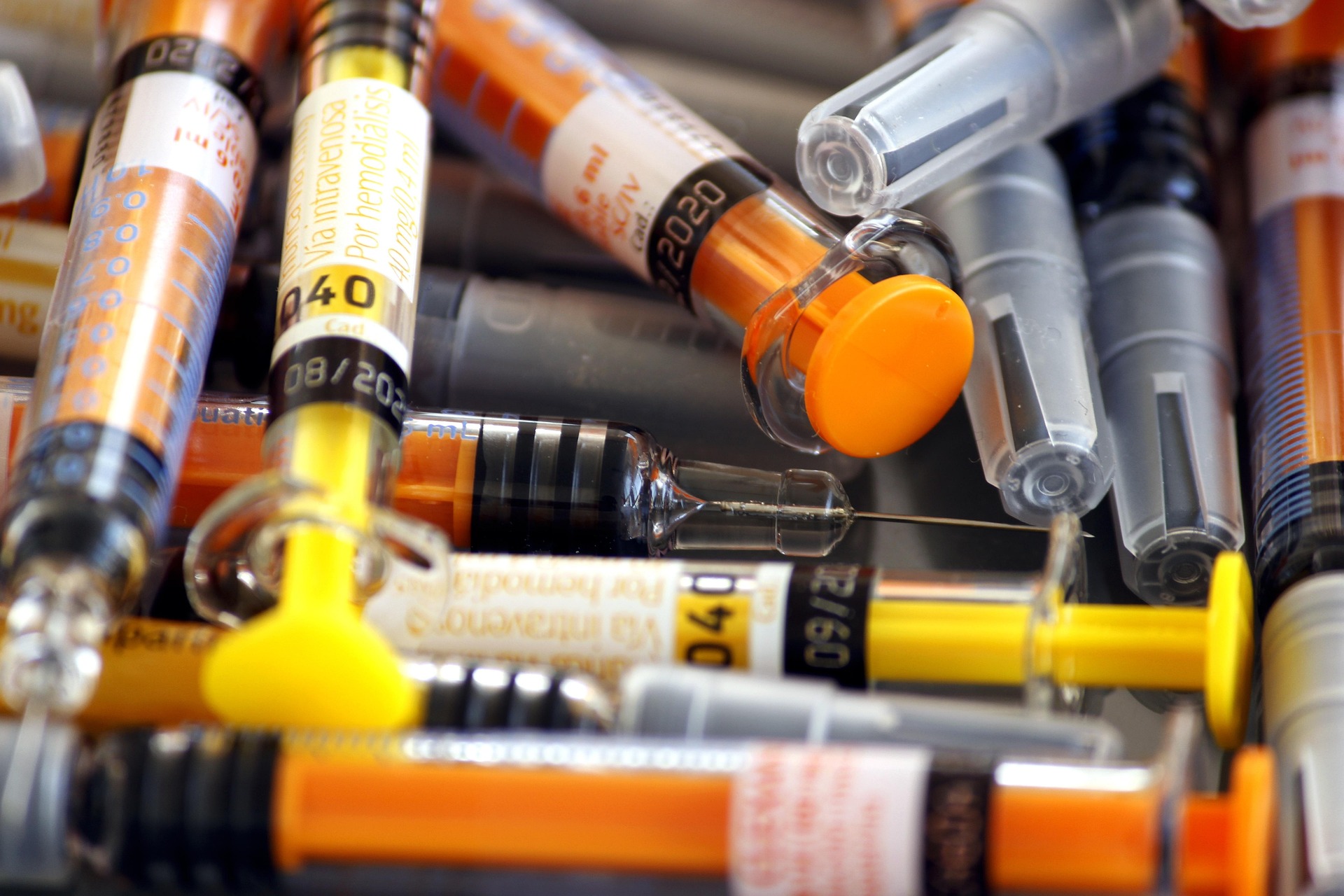Article Highlights:
- Key Aspects of a Pre-Travel Health Screen: Reviewing standard and region-specific vaccinations, medical history, and potential travel risks.
- Understanding Travel Vaccines and Immunizations: Distinguishing between vaccines and immunization and ensuring proper protection.
- Destination-Specific Vaccination Requirements: Identifying countries that require hepatitis A and B, typhoid, yellow fever, Japanese encephalitis, and meningitis vaccines.
- Medical Preparedness and Prescription Management: Ensuring sufficient medication, malaria prevention, and strategies to manage traveler’s diarrhea.
- Timing and Planning for Health Check-Ups: Scheduling vaccinations in advance allows immunity to develop before departure.
Many travelers use the terms “vaccine” and “immunization” interchangeably, but there is a key distinction. A vaccine is a biological preparation that provides immunity against a specific disease. Immunization refers to the process by which an individual becomes protected from a disease through vaccination. Understanding this difference is essential when planning health precautions for international travel.
Key Aspects of a Pre-Travel Health Screen
Before traveling internationally, it is crucial to undergo a pre-travel health screen to ensure you are protected against potential health risks. This screening involves several key elements:
1. Standard Vaccinations
- Ensure you are up-to-date on routine vaccinations, including:
- Measles, mumps, and rubella (MMR)
- Diphtheria, tetanus, and polio
- Varicella (chickenpox)
2. Region-Specific Vaccinations
For North American travelers, required and recommended vaccinations vary depending on the destination. Many countries mandate specific immunizations to protect against regional diseases that may not be prevalent at home. Here are examples of countries with vaccine requirements for visitors:
- Brazil, Colombia, and Uganda: A yellow fever vaccine is mandatory for travelers entering these countries, as the disease is endemic in certain regions. Proof of vaccination may be required for entry, especially if traveling from another yellow fever-endemic country.
- India, Indonesia, and Vietnam: Vaccinations for hepatitis A and B, typhoid, and Japanese encephalitis are advised, particularly for travelers visiting rural areas, engaging in outdoor activities, or staying for extended periods.
- Nigeria, Ethiopia, and Chad: Meningitis vaccination is required or strongly recommended for travelers, especially during the dry season when outbreaks are more common.
Before traveling, you must check the vaccination requirements for your destination and receive necessary immunizations well before departure to ensure complete protection.
3. Medical History Review
Your doctor will assess your existing medical conditions, such as:
- Asthma, diabetes, or heart disease
- Allergies
- Current medications (and their availability abroad)
4. Potential Travel Risks
- Altitude sickness if traveling to high elevations (e.g., Peru, Nepal)
- Malaria prevention in regions such as Africa, South America, and South Asia
- Traveler’s diarrhea management with antibiotics, oral rehydration salts, and probiotics
- Mosquito-borne diseases, including Zika virus, dengue, and chikungunya
5. Blood Tests
Serology tests may be conducted to check immunity levels for hepatitis A and B, ensuring travelers do not need booster shots.
6. Prescription Medication Management
- Ensuring you have enough medication for your trip
- Carrying prescriptions in their original packaging
- Checking if your medication is legal in your destination country
Timeframe: How Long Do Vaccines Take To Work?
Vaccinations require time to become effective. Plan accordingly based on the following vaccine timelines:
- Measles, mumps, rubella (MMR): 2 weeks
- Diphtheria, tetanus, polio: Immediate protection but requires a booster every 10 years
- Varicella: 2 weeks
- Hepatitis A: 2-4 weeks for initial dose; full immunity after second dose (6 months apart)
- Hepatitis B: Requires three doses over six months
- Typhoid: Oral vaccine: 1 week; Injection: 2 weeks
- Yellow fever: 10 days before travel
- Japanese encephalitis: 2 doses, 28 days apart; full protection 1 week after second dose
- Meningitis: 10 days before travel
Importance of a Pre-Travel Health Screen
According to Merck Manuals, about 1 in 30 travelers requires emergency medical care abroad. The Global Rescue Winter 2025 Traveler Sentiment and Safety Survey found that 22% of travelers needed emergency medical care, yet only 51% researched medical care availability at their destination. Additionally:
- 44% of travelers venture to remote locations
- 27% engage in riskier activities
Dan Richards, CEO of The Global Rescue Companies, warns: “Travelers are challenging themselves with riskier activities and going to more remote locations, often to destinations where the level of medical care isn’t up to the standards they are used to in their home country.”
To mitigate risks, travelers should obtain destination reports covering travel health, personal security, and medical care options before departure.
The Global Rescue Connection
Even with a thorough travel health consultation, proper medications, and necessary precautions, medical emergencies can still happen while traveling. That’s where Global Rescue supports its members.
Global Rescue provides worldwide field rescue, medical evacuation, and medical advisory services. With operations teams available 24/7/365, members receive expert guidance on managing health concerns, determining when hospital care is necessary, and locating medical facilities with essential capabilities, such as X-ray services. Travel assistance and advisory services are included in membership, ensuring travelers have support wherever they go.









